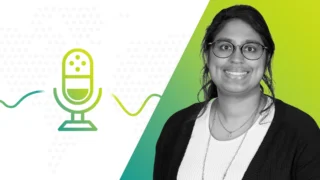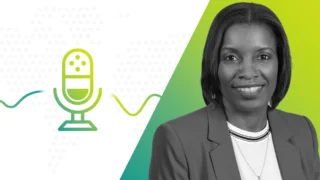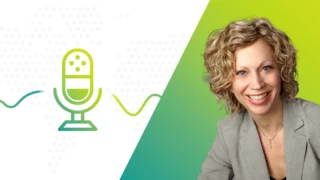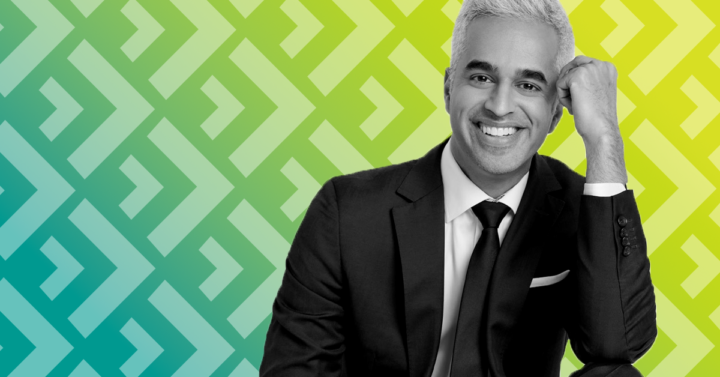
By Riaz Meghji, keynote speaker at act22, the CIA’s annual conference
One of the most important conversations that shaped the way I approach deepening relationships, especially with remote work set-ups, happened with CEO mentor Darren Hardy.
He’s the author of a terrific book, The Compound Effect. He’s also the former publisher of SUCCESS magazine, so he’s interviewed some of the biggest names and leaders in the world.
As a speaker and interviewer, I’ve always been interested in what it takes to earn someone’s trust and connect, instead of just simply communicating. So I asked him point blank, “Darren what’s your secret? What is your secret to getting people to trust you enough to open up and share what’s really going on?”
He said two words that still resonate with me to this day: “Go first.”
If you want to motivate someone to take action, go first and find out what motivates them, and help them achieve that.
If you want someone to be more vulnerable, go first and reveal something raw about yourself.
You could even consider our hybrid work set-ups, where new employees and clients are onboarded remotely, haven’t met anyone in person, and feel awkward and anxious. If you’re the leader presenting in the meeting, go first and talk about the struggles you had when you first started.
Then you begin to create a safe space, where people are more willing to share what they’re really thinking and feeling.
Every time we meet someone for the first time, the common question we ask ourselves is: Can I trust you? Trust isn’t something you’re given, it’s something you earn.
Every time we speak, we have an opportunity to connect with and persuade our teams to think differently. How can we build high-trust relationships in our hybrid reality?
Trust is the compound effect of consistency
Consider the feedback you give your team. Are you consistently providing motivating praise and constructive criticism? If you do this regularly, the person on the other side knows you care about them and their growth. It eliminates the guessing game wherein they may be asking themselves, “How am I doing here?”
Consistency with your feedback is helpful, and consistency with asking others for their input is equally as valuable. People want to feel like their ideas matter. Sessions inviting people to get creative in brainstorming are important to keeping them engaged.
Consistency with your accessibility is also key. If something needs to be addressed, if your team knows you’re available, they’ll feel a stronger sense of inclusion and belonging knowing that they have a champion to acknowledge their ideas, thoughts, and concerns.
Brainstorm for questions, not answers
People want to feel they’re not alone with their current struggle or challenge.
A great way to create a safe space when leading your meetings or presenting is to brainstorm for questions, not answers. This ignites curiosity with your group or audience, without them having to lose face by stating the wrong answer.
For example, if you were looking at pricing insurance products, invite people to provide only questions about the task at hand: When is the best time to introduce new pricing? What should we include? Who should be using this? And when you do this type of brainstorm, bring in someone from a different department, but with the same goals, since they won’t fear judgement from others on your team. They are there to make you think differently.
Once more people start contributing, you’ve created a safe space in which to share, and people will begin to trust that their ideas will be heard.
Watch yourself
We all became broadcasters in the pandemic. Virtual communication isn’t a fad, it is now a standard mode of communication.
If we want to build trust when presenting, it’s on us to watch our playback, ask for feedback, and learn how our messages are landing. For example, asking questions like “What worked and what missed the mark with my delivery?” “What did it feel like to hear this message?” “What could I have done differently to present more effectively?” These are all questions that will help you become a stronger presenter.
Leading with this humility will also show others your intention to serve is authentic.
Strong communication and healthy cultures are built on transparency and trust. Having productive disagreements and conflict is important for breakthroughs. It takes thoughtfulness, courage, and planning. If trust is built, those difficult conversations will become easier because people know you care. It will transform conflict into collaboration and your relationships will be better for it.
Riaz Meghji is a human-connection expert and spoke as the opening keynote speaker at act22. In his keynote, he discussed the five habits of human connection and shared constructive exercises for building better relationships, creating new business with clients and customers, and engaging with teams in an increasingly virtual world.
This article reflects the opinion of the author and does not represent an official statement of the CIA.
